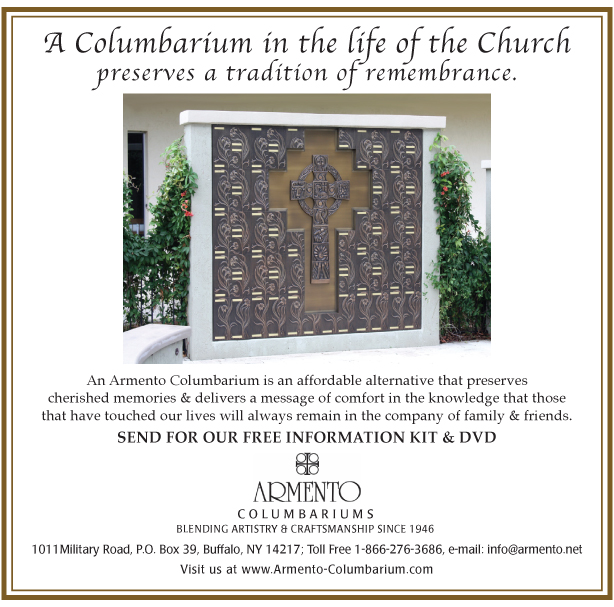‘Why do we wash one another’s feet on Maundy Thursday?’
‘Why do we wash one another’s feet on Maundy Thursday?’
‘Why do we wash one another’s feet on Maundy Thursday?’

As recorded in John’s Gospel, the night he was betrayed and arrested, Jesus washed the feet of his disciples and then gave them a new commandment to love one another as he loved them. But how did foot washing become part of Christian worship?
When Jesus washes his disciples’ feet, it is one of the most incredible acts of humility in the Bible. For many, this was revolutionary – the master was washing his servants’ feet. At first read, it seems the disciples should be washing Jesus’ feet. But, as is often the case, Jesus turns the meaning of a common act upside down.
Foot washing was an act of hospitality in ancient civilizations, especially where sandals were the common footwear. Scripture first names it as a sign of humility in 1 Samuel when an honored person offers to wash the feet of a servant. In the Gospel of Luke, Jesus comments on the lack of hospitality in the home of a Pharisee. He says to the host, “When I entered your home, you didn’t give me water for my feet, but she wet my feet with tears and wiped them with her hair” (Luke 7:44b, CEB). Jesus is referring to a woman who is a sinner, who has come to worship him.
Some Christian denominations and churches regularly observe foot washing; a few consider it a sacrament along with baptism and Holy Communion based on Jesus’ words: “So if I, your Lord and Teacher, have washed your feet, you too must wash each other’s feet. I have given you an example: Just as I have done, you also must do” (John 13:14-15, CEB).
Others, including a number of United Methodist congregations, reserve the practice for certain occasions, including Maundy Thursday of Holy Week, the night before Good Friday. (“Maundy” comes from the Latin mandatum, meaning mandate or commandment.) The foot washing is often part of services of Holy Communion that recall Jesus’ last meal with his disciples before he was arrested. The foot washing preceded the meal. Later that same evening, as he shared bread and wine with his disciples, Jesus mandated remembering him whenever those items were shared. References to that meal are found in several parts of the New Testament. We remember when we observe what we call Holy Communion, Eucharist or the Last or Lord’s Supper.
A sign of humility – the master serving his servant, an act of servitude – is the example that Jesus imparted to his first disciples and to those following him today.
Adapted from “Chuck Knows Church,” produced by Discipleship Ministries. View the episode at www.gbod.org/resources/foot-washing-chuck-knows-church.
“To Be United Methodist” provides short answers to questions of United Methodist practices and identity. Submit a possible topic or question for a future column to interpreter@umcom.org.
